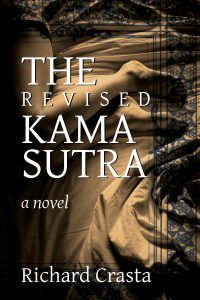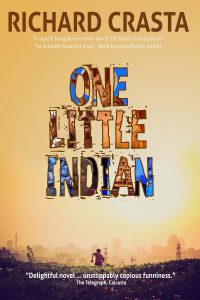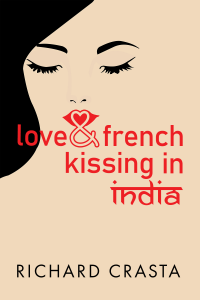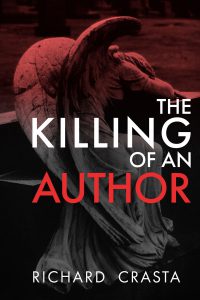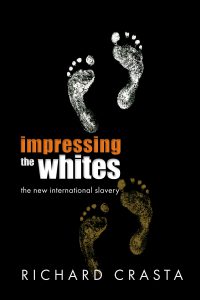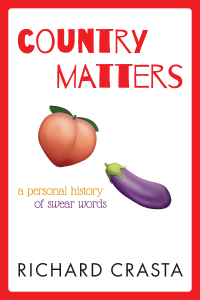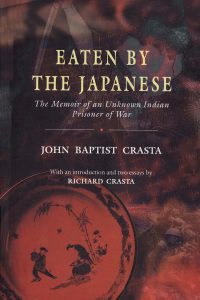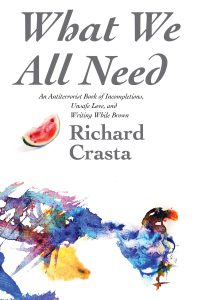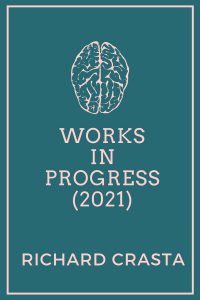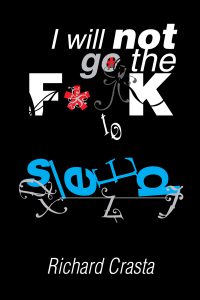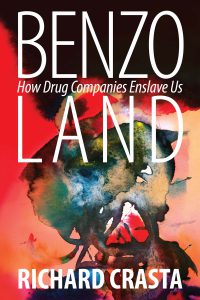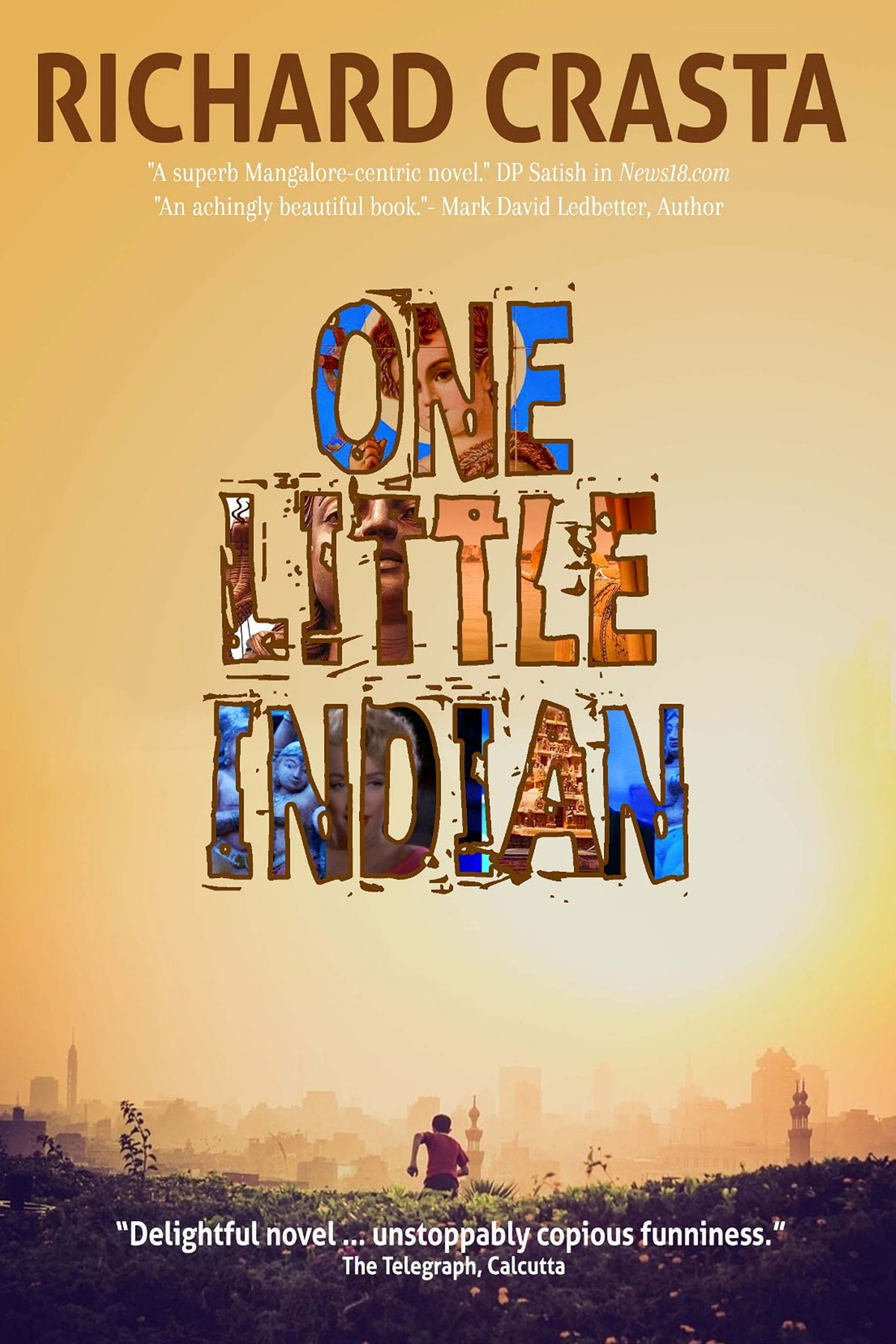Nuns, Jesuits, red meat, and an Indian Catholic minority feature in this novel, set almost entirely in Mangalore, and these are combined with Indian cuisine and childhood emotions such as motherlove, fear of abandonment, curiosity, and desire. So do puberty, adolescence, and the awakening of a repressed mind, clamoring for justice and truth. The result is a blend of Angela’s Ashes, Catcher in the Rye, and Portnoy’s Complaint.
At 72,000 words (around 260 pages) a complete novel in itself, One Little Indian is a reworking of the childhood, coming of age first 60 percent of The Revised Kama Sutra (which, according to some of its readers, is two novels in one), and it includes additional, never-published chapters that had been left out of “The Revised Kama Sutra” because of space constraints. The book ends with Vijay Prabhu graduating from college. The later chapters of The Revised Kama Sutra, focusing on Vijay Prabhu’s adult life, and which have a much higher sexual content, have been omitted from this novel, which may, therefore, make it accessible to a larger audience of both men and women who are reasonably cosmopolitan and well-read.
